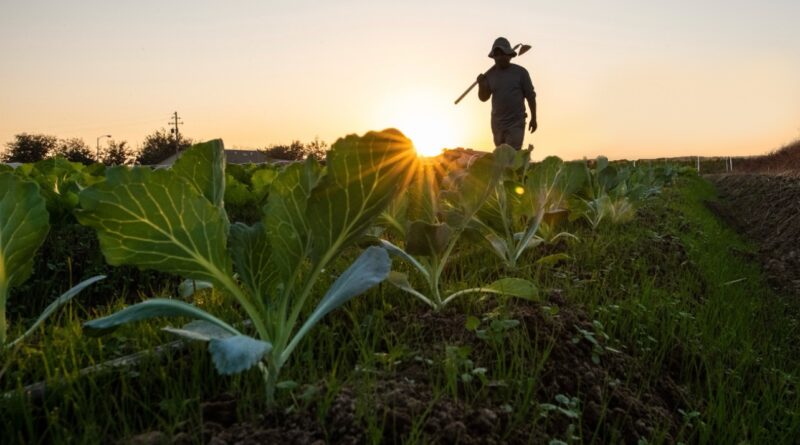Philip Cobbs Hopes History Of Family’s Virginia Farm Remains
by Stacy Jackson
April 16, 2024
There is little evidence of Cobb’s unnamed family farm that was once referred to as The Garland, where Black women delivered their babies.
Buck Island resident Philip Cobbs is on a mission to preserve the historical significance of his family’s land, once the largest Black-owned farm in Albemarle County, Virginia, often referred to as the Garland Farm.
Despite its substantial 600-acre expanse, little evidence remains of the farm’s existence, with only a path where commuters now traverse to the Thomas Jefferson Parkway on their way to Charlottesville.
Cobbs, however, is determined to keep the story of Buck Island’s past alive, telling the Charlottesville Tomorrow, “A few years ago, when I looked for Buck Island Creek on Google Maps, I was surprised that it was mislabeled…The place I remember so well had disappeared from the map.”
The Garland farm at Buck Island was a true family endeavor from 1835 to 1972, with each generation passing down the deed to a single family member. Others were granted smaller parcels to homestead, sharing the responsibility of operating the farm. “In my early youth, there were many homes separated by some distance across the property. As families moved or passed away, the homes were abandoned,” Cobbs recounted.
The farm comprised three distinct sections: the woods or forest, the elevated open fields where cattle and sheep grazed, and the low-ground—a fertile floodplain at the confluence of Buck Island Creek and the Rivanna River, where enslaved individuals cultivated cash crops destined for market via batteau boats crewed by enslaved and free Black men.
In the early 1970s, the Garland family member holding the deed died without a will, leading to the farm’s auction. Westvaco, a paper packaging company, was the winning bidder. Family members were given the option to purchase surrounding property, with Cobbs’ aunt and parents securing small plots. The remainder was sold to a developer.
According to an additional article from Cobbs, for generations, Black women would journey to the farm from Richmond to deliver their babies, underscoring the farm’s significance within the community.
In 2017, Cobbs learned that his ancestor, Sarah Garland Boyd Jones, was being commemorated as part of the “Voices from the Garden” monument in Richmond, honoring 12 remarkable Virginia women. After passing the state’s medical board examination in 1893, Jones became the first African American woman doctor in Virginia.

